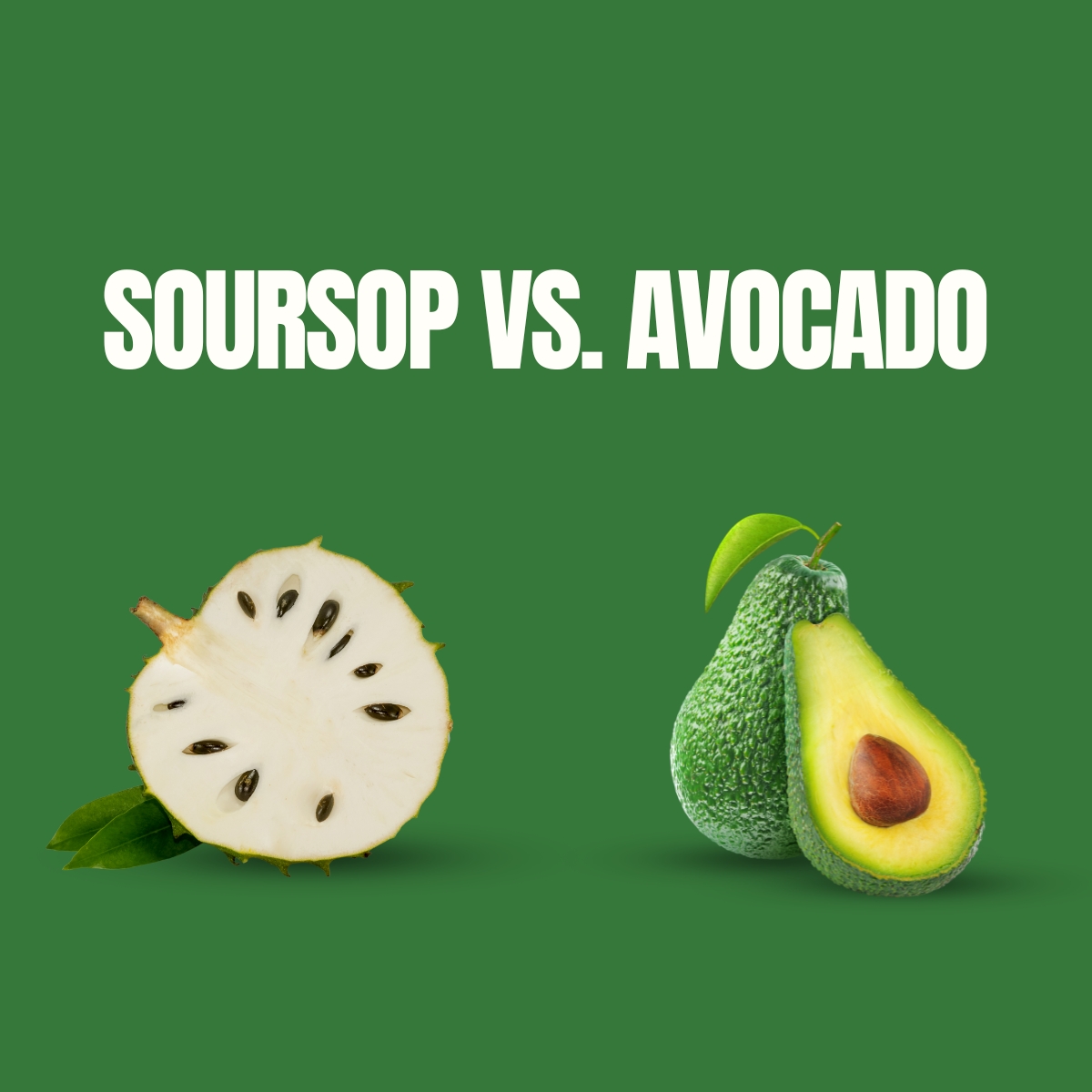Both Soursop and Avocado offer unique nutritional benefits, and the right choice depends on your health goals. If you're focused on boosting immunity and reducing inflammation, Soursop is an excellent option. On the other hand, if you're looking for healthy fats, fiber, and cardiovascular support, Avocado is the better pick.



